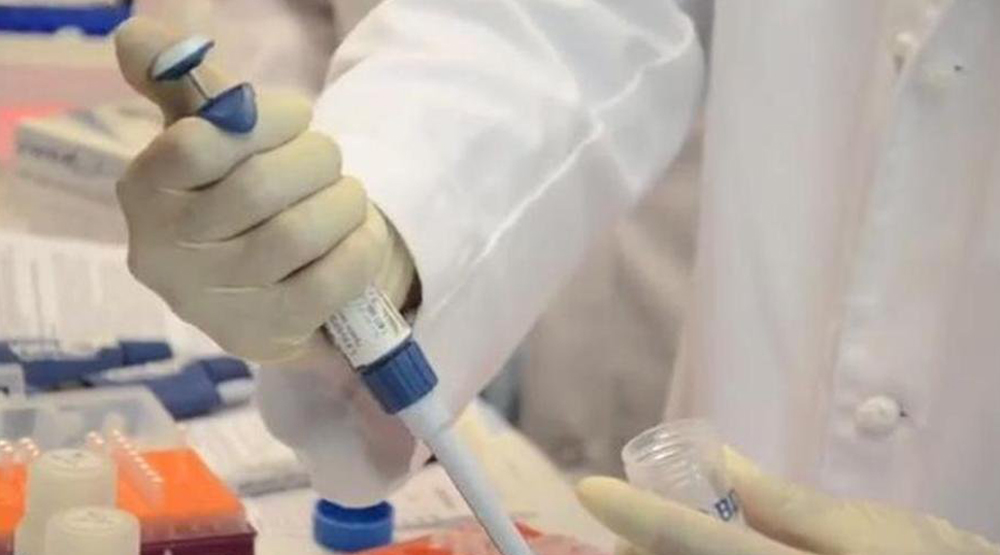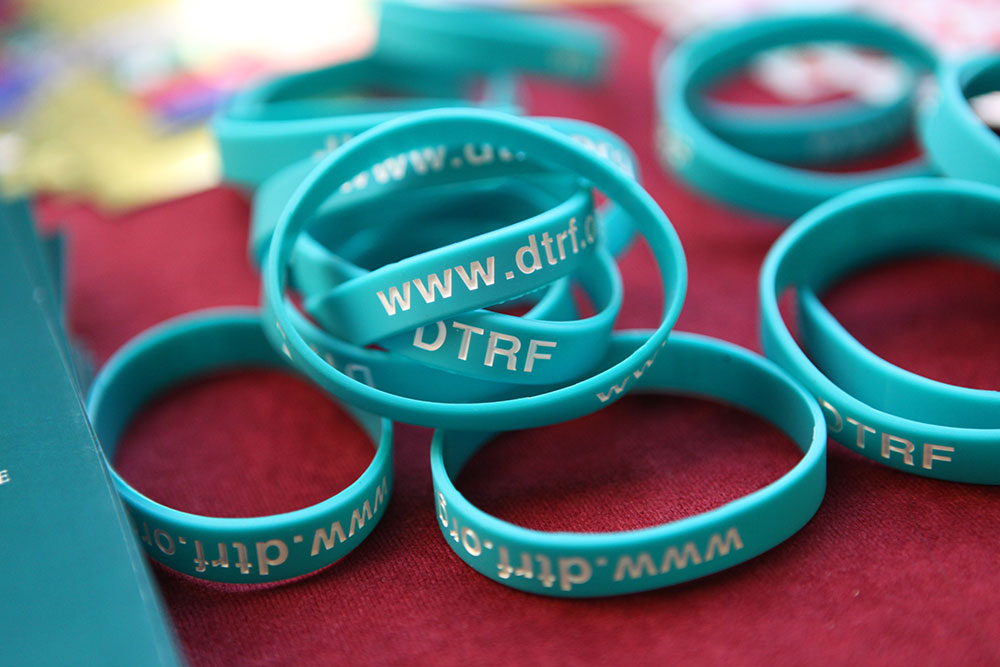
Our Purpose
The DTRF Coordination Core (DTRFCC) serves as a research administrative center for the DTRF.
The goal is to coordinate research and ensure that data and materials generated through the funded grants are made available to existing and future investigators. The core also strives to expand the diversity of the research community to investigators in related medical and technological disciplines.
Our Work
The DTRFCC is an administrative hub which integrates and coordinates research and data across DTRF investigators and others, to expand the diversity of our research community, and to facilitate the exchange of scientific information between the investigators in the field, as well as from related areas.
The DTRF believes that the best science is rooted in collaborative approaches where we share the data and materials created through individual projects.
DTRF External Research Projects
DTRF-Funded Grants
To view DTRF-funded external projects, please visit DTRF-Funded Grants. Once an external grant has produced materials or data for the community, they will be made available on the grants page.
Ongoing Internal DTRF Research Projects
Desmoid Tumor Immortal Cell Lines
Desmoid tumor immortal cell lines are available for purchase at the ATCC. These tumor-derived models can be used in basic research as well as pharmacological screening applications. The availability of these cell lines is a significant milestone as we work to provide verified and standardized resources to our research community. Discounted pricing is available to academic researchers.
DTRF Natural History Study & Patient Registry
The DTRF Patient Registry is a versatile online system that securely collects and stores data for medical research. It is also a dynamic participant-driven resource that can empower and unite the desmoid tumor community through shared knowledge. The Registry was developed to house the DTRF Natural History Study (NHS). The NHS participants complete surveys about their own disease experiences and also can learn about other participants’ experiences by viewing aggregated survey data. Participation in both the DTRF Patient Registry and NHS are free and voluntary, and participants may withdraw at any time.
The NHS collects data on the following topics:
- Socio-demographics
- Medical and diagnostics
- Treatment and disease progression
- Management of care
- Quality of life
- Pregnancy
- Caregiver Burden
- Financial Toxicity
- Other Medical Conditions
DTRF Site for International Pregnancy Study
The DTRF worked together with international healthcare and patient advocacy organizations to learn more about the decisions women make regarding pregnancy after a desmoid tumor diagnosis, as well as to understand how pregnancy may influence the behavior of a desmoid tumor. This may one day lead to improved tools to support women who are making decisions regarding pregnancy.
DTRF Radiomics Working Group
“Response Evaluation Criteria in Solid Tumors” (known as RECIST) is a standard methodology of measuring a patient’s tumor response to treatment. However, it is not always the best method to measure treatment outcomes for desmoid patients. To address the RECIST shortcomings, the DTRF, our medical advisors, and pharmaceutical medical professionals have developed a radiomics working group. This group is identifying better imaging methods for measuring treatment response. We thank our working group chairs, Drs. Mrinal Gounder and Larry Schwartz, for leading this project which will impact the future of radiology in desmoid tumors.
The Desmoid Tumor DepMap and CRISPR Project
New therapies for desmoid tumors can’t be discovered until we systematically map the best drug targets. The Desmoid Tumor DepMap and CRISPR Projectaims to create the “Desmoid Tumor Dependency Map,” a new reference that links the genetic features of a tumor with specific vulnerabilities that can potentially be targeted therapeutically.
Desmoid Tumor Frog Models
In previous research funded by the DTRF, Dr. Kris Vleminckx developed a desmoid tumor model in the frog Xenopus tropicalis. In his published paper, Dr. Vleminckx provides a protocol for other researchers – with access to specific types of lab facilities – to create the desmoid tumor frog models for their own research.
PRO Tool in Desmoid Tumors
In 2015, DTRF funded the development of the first validated PRO tool in desmoid tumors in partnership with Quintiles (IQVIA) and Memorial Sloan Kettering. They hypothesized that the development of a PRO tool in desmoid tumors would facilitate a new regulatory endpoint that could be used in future clinical trials and that it would be a great investment of resources to advance the field for researchers worldwide.
For more research on desmoid tumors, please explore our page of Conference Abstracts and Posters.

Your Donation Changes Lives
When you donate to the Desmoid Tumor Research Foundation (DTRF), you help fund research toward better treatment options and a cure for each and every desmoid tumor patient. Every donation, no matter the size, helps us continue our mission. We are so grateful for your contribution.
The DTRF is a Connecticut non-stock, nonprofit corporation, determined by the IRS to be a tax-exempt Section 501(c)(3) organization. Donations are deductible to the extent allowed by law. Federal Tax ID number: 61-1493017.